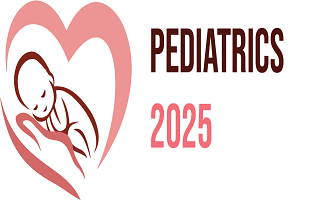Ethical Issues in Pediatric Medicine
Ethical issues in pediatric medicine are complex, as they often involve decisions made by parents, caregivers, and healthcare providers on behalf of minors. Consent, autonomy, and the best interests of the child are central to many ethical dilemmas in pediatric care. One of the most pressing concerns arises in life-threatening situations, where decisions about the initiation or withdrawal of treatment must balance quality of life, long-term outcomes, and family wishes. In these cases, the question of whether to pursue aggressive treatment or opt for palliative care can be deeply challenging. Pediatricians must carefully navigate these ethical decisions, ensuring that the child’s well-being remains the central focus while considering the perspectives and wishes of the family. It is essential to involve an ethics committee or seek counsel when there is significant uncertainty or disagreement regarding the best course of action. Pediatricians should strive to ensure that the decisions made are in the child’s best interests, taking into account both medical evidence and the family's values.
· Informed Consent and Assent
· Pediatric End-of-Life Care
· Genetic Testing and Screening
· Vaccination and Parental Refusal
· Medical Research Involving Children
Related Sessions
Tags
- Ethical Issues Pediatrics Conferences
- Ethical Issues Pediatrics Conferences 2025
- Ethical Issues Pediatrics Events
- Ethical Issues Pediatrics Events 2025
- Ethical Issues Pediatrics Meetings
- Ethical Issues Pediatrics Meetings 2025
- Ethical Issues Pediatrics Hybrid Event 2025
- Ethical Issues Pediatrics Hybrid Events
- Ethical Issues Pediatrics 2025
- Ethical Issues Pediatrics Workshop
- Ethical Issues Pediatrics Workshops 2025
- Ethical Issues Pediatrics Congress
- Ethical Issues Pediatrics Congress 2025
- Ethical Issues Pediatrics Symposium
- Ethical Issues Pediatrics Symposium 2025
- Ethical Issues Pediatrics Conference 2025
- Ethical Issues Pediatrics Conference
- Ethical Issues Pediatrics Seminars
- Ethical Issues Pediatrics Seminars 2025
- International Conference on Ethical Issues Pediatrics
- International Conference on Ethical Issues Pediatrics 2025
- Ethical Issues Pediatrics Event in USA
- Ethical Issues Pediatrics Event in USA
- Ethical Issues Pediatrics Event in USA 2025
- Ethical Issues Pediatrics Summit
- Ethical Issues Pediatrics Summit 2025
- Ethical Issues Pediatrics Webinar
- Ethical Issues Pediatrics Webinar 2025
- Ethical Issues Pediatrics Webinars
- Upcoming Ethical Issues Pediatrics Event
